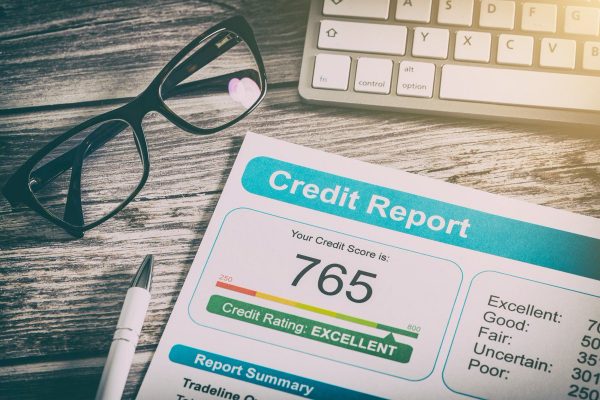If you have ever applied for a bank loan, you know how important your credit score is. It can be a mystery as to what causes your credit score to improve or deteriorate. The credit score that is most often used was developed by Fair, Isaac and Company and is known as the FICO score. Your FICO score is a number between 300 and 900, with 900 being the highest score. A score above 700 is a good one. Here are some tips about how to protect your credit score and even improve it.
Request your credit score once a year. Equifax will provide you with your credit score for free by mail or over the phone. For more information, visit their website at http://www.equifax.com/contact_us/en_ca. You should review your score and make sure everything on the report is correct. Any errors in the report could negatively impact your score and might be an indication that your identity has been compromised. Remember, when you request your own score it does not affect your credit score. However, your credit could be affected if a third party, such as a bank, requests your score.
Every time your credit score is requested by a lending agency such as a bank, points are deducted from your credit score. If you plan on shopping for a mortgage or a loan, do not allow the institution to pull your credit score. Instead, pull your own credit score (see point 1) and take it with you when applying. Once you select an appropriate institution, grant authorization so they can run a credit report to confirm your score and finalize your agreement.
Be sure to pay your bills on time. It is critical that you pay your credit card bills and other forms of debt by the required time. Always aim to pay the entire balance of your credit card by the due date rather than simply paying the minimum balance. It is important to pay monthly utility bills on time because utility companies may report you if you are a consistent late payer.
Do not exceed your credit limit. In fact, it is best to keep your account balances below 50% of your available credit.
A large component of your credit score is your track record. If you can show over a long period of time that you have consistently paid your bills on time and used credit responsibly it will help your credit score.
Average account age is also a factor in determining your credit score. The longer you have had the account the better your score, provided you are paying it reliably. As a result do not open a number of accounts in a short period of time as it will bring down the average age of your accounts. It is more important to pay your debts off quickly than to maintain credit for a long time.
If you are applying for a loan and want to discuss the best options, please contact your Chartered Professional Accountant. We can offer useful advice to help you make the right decisions and we are not affiliated with any organization that offers loans.
Angus Shuttleworth CPA Professional Corporation.

